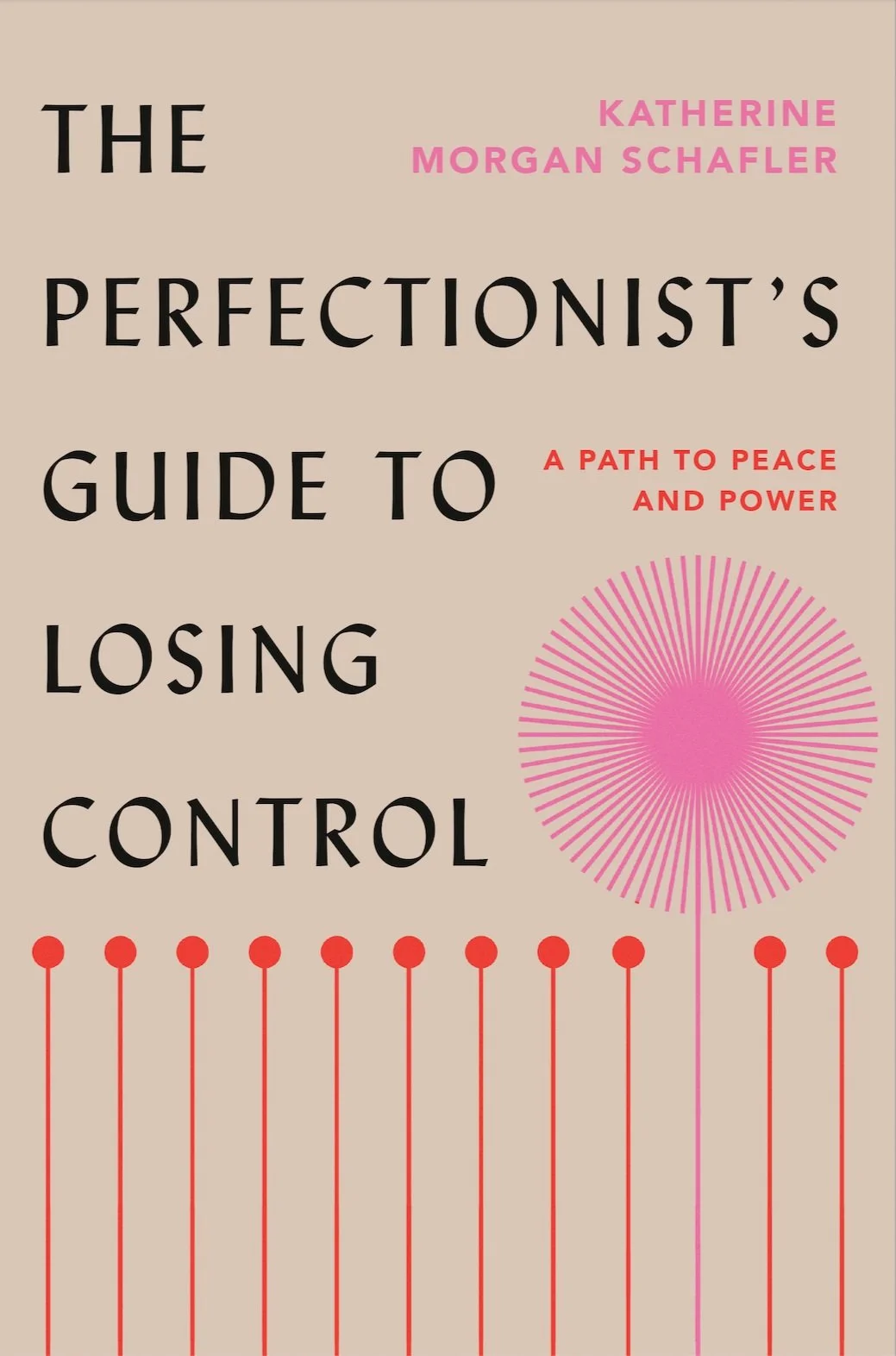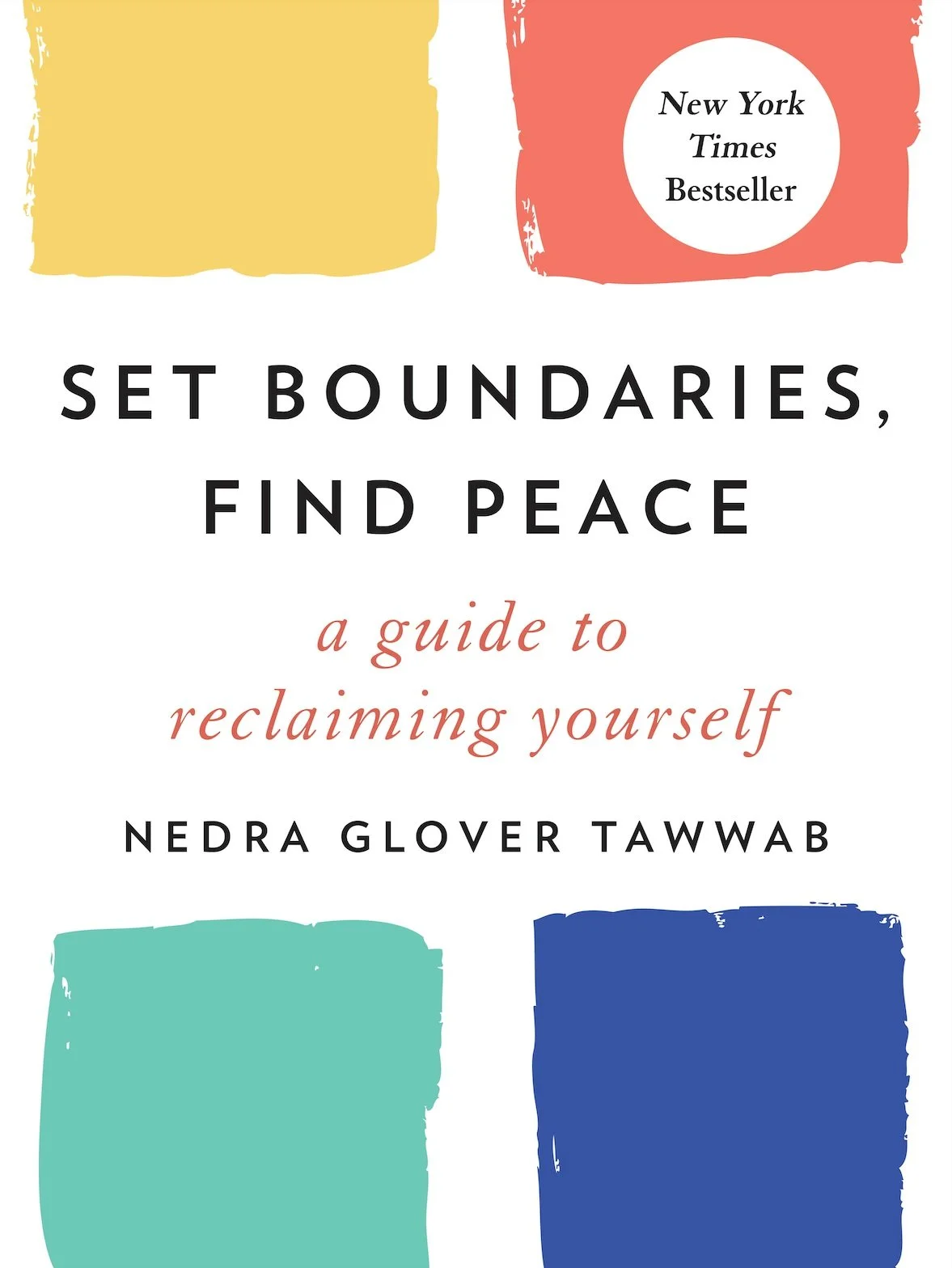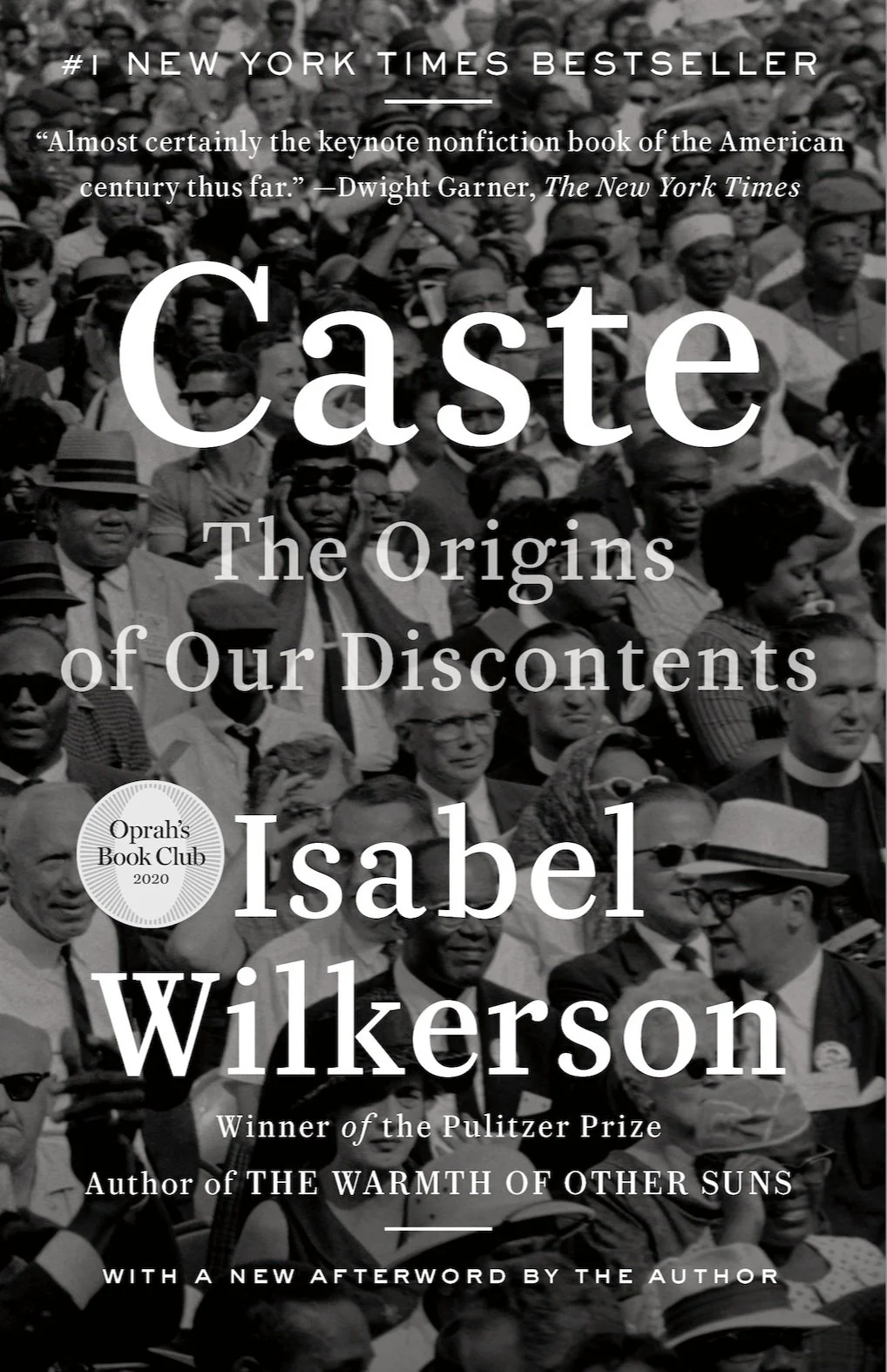(and often recommend)
Books I Love
What My Bones Know, Stephanie Foo
"Every cell in my body is filled with the code of generations of trauma, of death, of birth, of migration, of history that I cannot understand. . . . I want to have words for what my bones know."
For readers who want to learn more about living with and healing from complex PTSD, the power of relationships in healing, and really for anyone who loves a good memoir. Foo explores complex PTSD from her own lived experience and from a scientific view in this incredible, poignant book. I walked away feeling incredibly hopeful, and reminded of why the most important thing in healing is having a context of relationships that offer safety and the space to heal.
The Perfectionist’s Guide To Losing Control, Katherine Morgan Schafler
This is a great look at how perfectionism (and the pressure we put on ourselves) can shape our lives and can either be destructive, or, when understood and harnessed, used to create incredible goodness in our lives. Even if you’re not sure whether you identify with perfectionism, I think many people can get something good from this—those who struggle with procrastinating due to wanting to get things just right, or delay finishing a project because the final touches seem daunting, and lots in between. I love the message here of embracing the things about ourselves that can sometimes be the things that we get most frustrated with, and that finding true power can sometimes mean giving up artificial control.
The Brain That Changes Itself, Norman Doidge, M.D.
I reference this book often when people talk about feeling stuck or being afraid that the things that feel challenging in their minds will never change. This book is full of stories, from a very scientific slant, that provide optimism and hope about the possibilities of the human brain. I walked away recognizing the power of neuroplasticity (the ability of the brain to change—even long after we tend to think change is possible) on a new level. Although I have always believed that change is possible, this book cements it with stories from multiple angles. A great read for folks who enjoy a science-y book that shares tons of information embedded within fascinating stories.
The Power Of Attachment, Diane Poole Heller
“Even if our childhood is less than ideal, our secure attachment system is biologically programmed in us, and our job is to simply find out what’s interfering with it—and learn what we can do to make those secure tendencies more dominant.”
For readers who are curious about attachment and attachment styles, this is a great book that will help you determine your attachment style, how it shifts in different situations, and how to support yourself in your relationship with yourself and with others.
Polyvagal Exercises for Safety and Connection, Deb Dana
If you’re interested in learning more about polyvagal theory and how to work with and support your nervous system, this is a great book for you! Polyvagal theory relates to our nervous system and how we have evolved to respond to scary and overwhelming situations—think fight/flight/freeze. Though this book is geared towards therapists, the exercises in this book are written in a way that is accessible even if you’re much less familiar with these ideas.
Set Boundaries, Find Peace, Nedra Glover Tawwab
Learning how to set limits, expectations for what we will and will not accept in our life, and shift boundaries to be more aligned with that we need can feel intimating. And yet, so many of us recognize that this is something we need, something that would offer us a lot of support! This book is great in giving clear and relatable examples of what it looks like when our boundaries go untended to, and how we can remedy that.
Caste, Isabel Wilkerson
“As we go about our daily lives, caste is the wordless usher in a darkened theater, flashlight cast down in the aisles, guiding us to our assigned seats for a performance. The hierarchy of caste is not about feelings or morality. It is about power—which groups have it and which do not.”
For those wanting to delve into a deeper understanding of how hierarchical power shapes our lives and communities, Caste explores how the United States has been (and is still) shaped by a hidden caste system, where people are ranked and pushed into roles that have a deep impact on our individual lives and our culture at large.
No Bad Parts, Richard Schwartz
“When we learn to love all our parts, we can learn to love all people—and that will contribute to healing the world.”
Whether integrating this into work with a therapist or on our own, ego state techniques are an amazing tool in understanding ourselves, understanding why we hold differing positions, and finding cohesion between parts of ourselves that take a multitude of stances. No Bad Parts invites us to use Internal Family Systems techniques to explore and honor these different parts of ourselves from a place of curiosity, connectedness, and compassion.
Mindsight, Dan Siegel, M.D.
“Mindsight” is Siegel’s term to describe our capacity to perceive the mind of the self and others, to better understand our own inner workings. Siegel explores how we can develop and use this skill to support our emotions, relationships, and more, offering hope about the possibilities available when we tune in to our inner worlds, taking a witnessing stance rather than feeling swept up and powerless in our own experiences.








